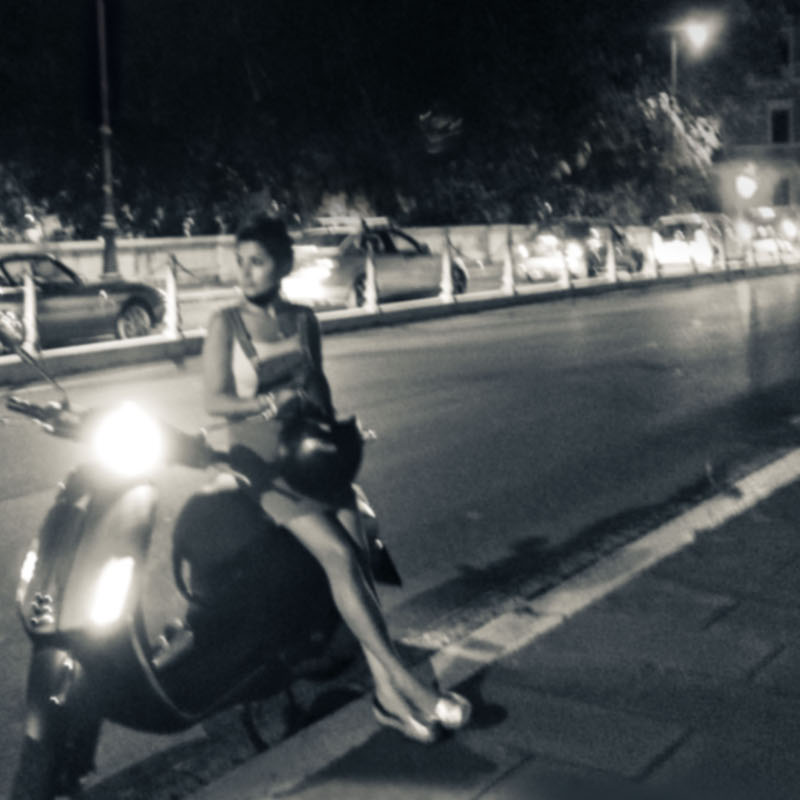- Michael Murray
- Bob Bickford
- Ian Roy
- Chris Robinson
- Aron Wiesenfeld
- Rachel Eagen
- Donna Lypchuk
- Chris Vaughan
- Charles Pless
- Jon Evans
- Unknown
- St. Padre Pio
- Douglas Anthony Cooper
- Anne Thériault
- Jack Neary
- Gun Roze and Elana Wolff
- Nick McKinney
- Natasha Royka Studio
- The Unabagger
- Tracey Steer
- K. McLeod
- Donnez Cardoza and Bob Bickford
- Andrew Ainsworth
- Jane Wilson
- Karen Murray
- Christos Grivas
- Kathryn McLeod
- Pedro Isztin
- Keita Inoue
- Daniel Wakeman
- Gun Roze
- Steve Edwards
- Joe Macdonald
- Corey Hardeman
- Natalya Sukhonos
- Mr. Abbott
- Hannah Brown
- Drone Footage
- Nikola Steer
- Rebecca Abbott
- Chris Parsons
- Alf Bogusky
Louche

(Photography, and translations from Cecco and Dante, by Douglas Anthony Cooper.)
_____________________________________________________________________
If I were fire, I would torch the world.
If I were wind, I’d blow the thing to dust.
If I were water, drown and watch it rust.
If I were God, I’d toss it into hell.
If I were pope, I’d have myself a ball—
I’d excommunicate the Christian horde.
If I were emperor? Chances I’d get bored,
And cheerfully decapitate them all.
If I were dead, I’d go to God. But damn,
If living I would run the other way.
Precisely how I’d treat the Virgin too.
If I were Cecco, which—voila!—I am,
I’d keep for me the young and lovely girls.
The ugly and the old? I’d give to you.
—Cecco Angiolieri (1260-c.1312)
This is how eternity torments
Those sinners, carnal, bodies damned by lust—
And reason ruined: sacrificed to hunger
—Dante Alighieri (1265-1321)
CHAPTER ONE: THE EYEBALL
The life examined is not worth living. Virtue, said to require effort, is a mark of the insufferable. Hence, Dane Gaspard Chamonix was governed by a simple rule, which he had encountered in a beloved mistranslation of Taoist aphorisms: “The superior man may avoid wisdom and righteousness through the practice of rigorous vanity.” It had served him well. If a critical glance into the mirror revealed a handsome self, that would suffice.
Lieutenant Chamonix adjusted his silk day cravat—lilac charmeuse—before gliding the Sig Sauer into that perfect holster. Strapped beneath his silver smoking jacket, the holster had been a gift from Lady Churchwit after his fifth successful effort to rescue her from an employer in Rome, an especially vicious pimp. This beast had preyed upon the most vulnerable: titled girls from nations like hers, in which aristocracy was no longer official, hence difficult to monetize.
Churchwit had been grateful and thoughtful, requiring two muscles she rarely flexed. A deerskin holster is soft enough not to abrade even the most sensitive shirt, yet sufficiently protective to baby an expensive ivory-handled pistol. Sig Sauer had never before issued a P226 with ivory grips, a material justly proscribed for decades, but they too were indebted to Lieutenant Chamonix, for his efforts in a matter too gruesome to be recounted in a story this charming.
“Can’t you just buy the elephant grips separately and install them yourself?” the man from Sig Sauer had asked. “No,” responded Chamonix, whose access to contraband was limited to the speakable.
Lady Churchwit’s title was almost genuine, Lieutenant Chamonix’s not so much. He had never been a legitimate enforcer of the law, nor a military man; he had contempt for both vocations (mutual, I’m sure), and had no license to carry a weapon in Italy, or any other civilized nation. His name had been, before legally enhanced, Bob Floorman.
Chamonix had been prodded once to defend his gilded identity on the witness stand. Yet another rewarding trial, yet another prosecutor bent on casting doubt upon his credibility as an expensive expert witness, back when he was considered credible. “If you can’t achieve elegance, why breathe?” he had explained to the prosecutor, who was too thick to recognize an invitation to suicide. “I chose my name, yes. And you chose your tie. I weigh your choice against mine, and it pains me to share your species.”
Pseudonyms were common among his friends and acquaintances. (Lady Churchwit was Balkan; her real name cannot be printed here for obvious reasons; her real title was unpronounceable.) Most imagined they were reinventing themselves as a mode of poetic expression; but most were either on the lam, or so deeply mortified by their former selves that they had erased as much as possible through forged papers and plastic surgery. Lieutenant Chamonix, to his credit, had taken his new name for the purest of aesthetic reasons: it more perfectly accorded with his spiritual self, which was not so much a soul as a glorious pneumatic pastry.
The Sig was happy in its deerskin. His velvet smoking had been tailored to hide the bulge. His trousers, conversely, had been cut to amplify what coiled beneath. His man-purse carried only his wallet (empty) and a plucked eyeball.
Chamonix was off to an embassy function.
Somebody had sent him that eyeball, and the Lieutenant was determined to find his anonymous benefactor. Somebody had been deprived of that eyeball, and the victim too would have to be identified.
It had arrived in a velvet jewelry box, whose contents were supposed to be something less shriveled: Chamonix had ordered replicas of baroque cufflinks worn by an assassin he particular admired, Lombrico “The Fork” Scarafaggio. The Lieutenant had never seen the man—few people had—but The Fork had taunted the police by sending them photos of his cufflinks, and these had appeared in wanted posters across Italy. They were exquisite cufflinks, and the prospect of wearing them excited Chamonix, who liked to think of himself as wanted. He would not have wished to wear anything else sported by The Fork, whose tailor was said to be inferior, but he had cinematic dreams starring those cufflinks.
The box had arrived in a package whose return address indicated that these were indeed the work of his chosen counterfeiter, a man considered a superb jeweler by customers on either side of the law. Chamonix had opened the box with anticipation. He found there an object that he would never be able to wear with dignity.
The eyeball was a parched, yellowish-brown object—it looked much like a garlic bulb no longer at its best. The iris was clouded. The human lens loses transparency upon death, and this eyeball was very dead. It had not enjoyed a vista in some time. It had been plucked and boxed, Chamonix determined, at least a month before. Either that or had been left on a windowsill to dry in the sun like a rose. (That’s how he would have done it.)
The Lieutenant could not decide whether this missive was a threat, or something more complex. It certainly was threatening. His own eyeballs winced with sympathy upon viewing their wilted brother.
He had of course investigated the address, which corresponded to the return address, which corresponded to a gelateria. There they had insisted that—while they featured many exotic varieties, often palatable—they had never offered cufflink-flavored gelato: the concept was absurd. And they no longer offered eyeball-flavored gelato, as popular taste had moved on. And they had never received his order.
It was mysterious on so many levels. Chamonix narrowed his eyes and pondered this. Perhaps it was mysterious on only one level, but an exceptionally mysterious one? He would have to give this more thought.

